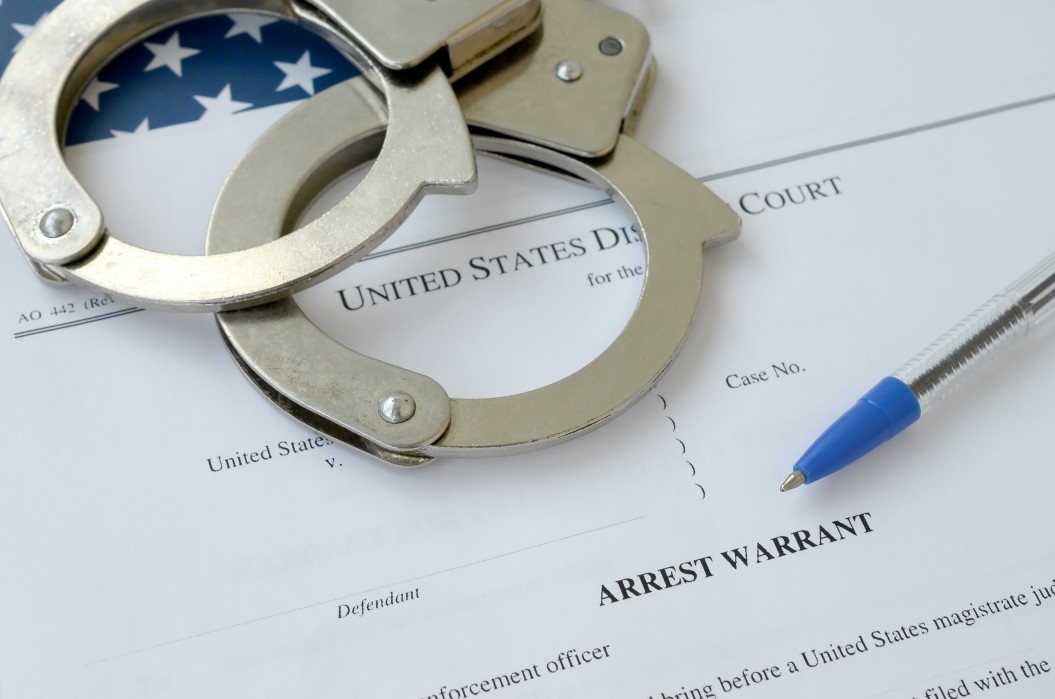If any federal agency collects enough evidence to show that you may have committed a crime that is of national interest, they may present their case before a federal magistrate or judge. If the judge agrees that you have a case to answer, he or she then issues an arrest warrant. A US Marshall usually executes the arrest warrant. You cannot be arrested without a nod from a federal judge.
Contents of an Arrest Warrant
- The name of the defendant if it is known. If the identity is not known, a description may be included. The description may be height, eye color, hair, and stature.
- The description of the federal criminal charges that have been leveled against you
- A command that you be arrested and be brought in front of a judge or magistrate immediately. If none is available, the warrant can ask you to be brought in front of a state or local judicial officer.
- A signature from the authorizing judge
What Steps Do You Take?

Besides, a co-accused may contact you to tell you that they have been arrested. Warrants are also a public record, meaning that you will find information at the National Crime Information Center. Your lawyer can also check with the court clerk of the issuing court if an arrest warrant has been issued.
Your instincts may tell you to hide from the law. However, this is likely to add more charges to the existing ones. Second, you get a chance to appear at the U.S Marshall office on your own accord. It prevents cases where you suffer embarrassment and humiliation a public arrest.
Depending on charges against you, appearing before a US Marshall Officer may dramatically reduce the amount of time you will spend in custody and increase your chances of getting out on bail.
If you find that the police were looking for you, look for a criminal attorney in Boston before surrendering. The lawyer will contact the Marshall office and negotiate a surrender, which includes time and location.
On the other hand, if you are arrested, contact a federal criminal defense lawyer immediately before being taken in front of a judge. The lawyer can argue your case and apply for bail. Remember, the faster you appear in front of a judge, the better it will be for you.
Seek Legal Assistance
Most federal cases carry significant penalties that include jail time and fines. Therefore, it is good that you look for an experienced lawyer in federal criminal cases to help protect your rights and defend you in a court of law.
The Fernandez Law firm can walk you through the federal court case from arrest to judgment and increase your chances of being released.


